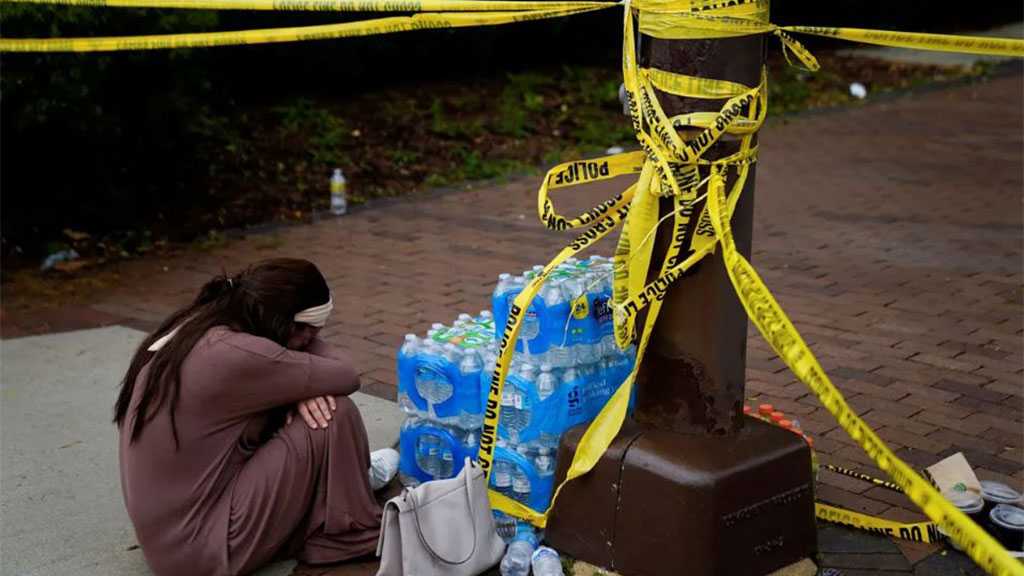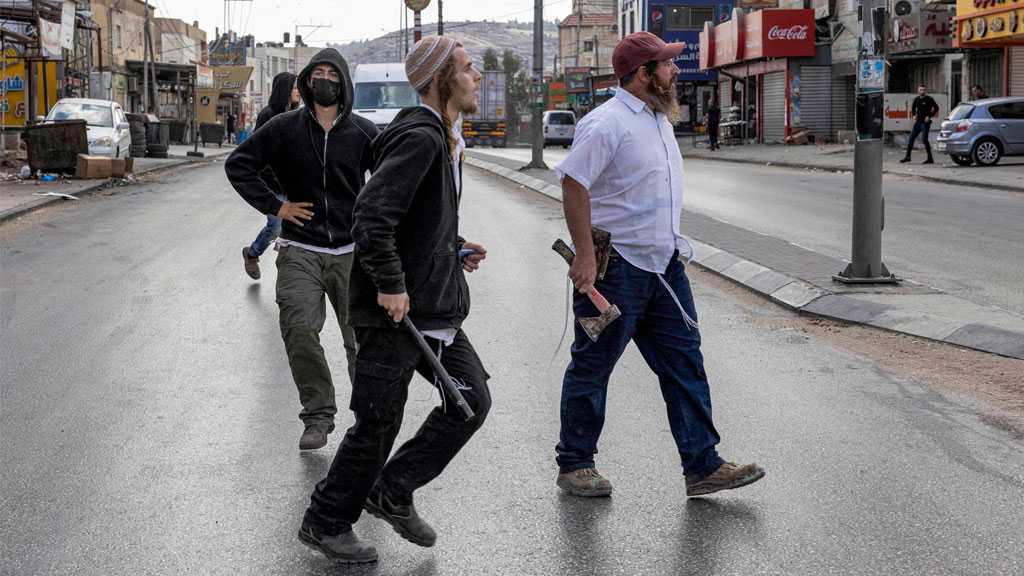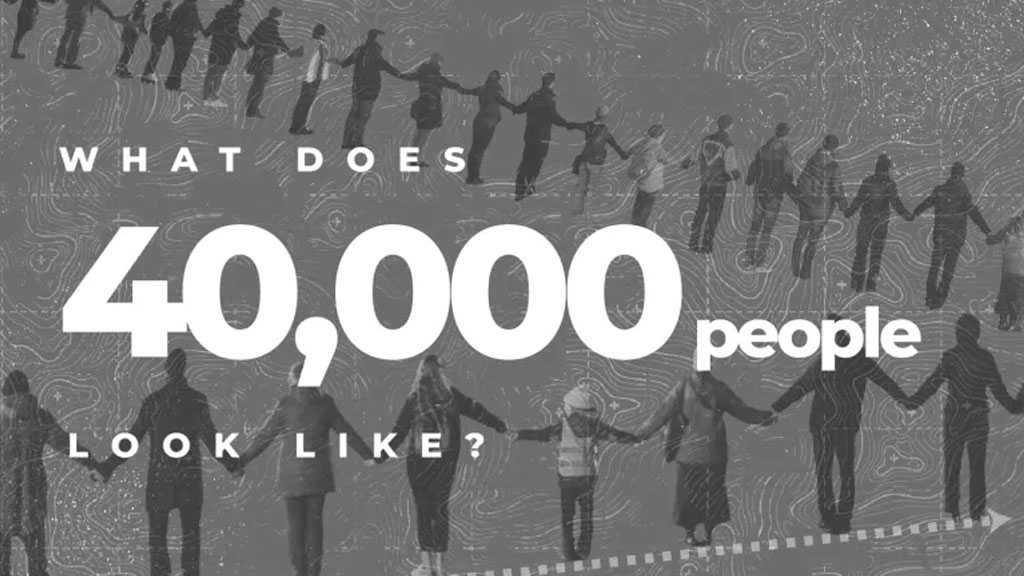We Hear Americans Support Gun Control, But I Know the Truth Is More Complicated

By Devika Bhat | The Guardian
The last of Uvalde’s slaughtered children had been laid to rest for barely three weeks before the latest mass shooting to terrorize America unfolded. This time it was a suburb of Chicago, its Independence Day celebrations shattered by a hail of bullets from a gunman with an assault rifle on a rooftop, killing seven and injuring dozens more.
The month before, it was Philadelphia and Tennessee; before that, Oklahoma and Michigan, alongside a string of other incidents that hardly registered on a national, let alone global level. Such is the bar for international outrage on American shooting deaths, rising with every Columbine, Virginia Tech and Las Vegas. The horrific killings at Robb Elementary School in Uvalde were another reminder that 10 years after Sandy Hook, even the smallest children are not safe from the violence wrought by a young man wielding an assault rifle – which he was easily able to easily and legally obtain, thanks to the anachronisms of the hallowed constitution.
Uvalde, at least, spurred what no previous shootings have managed: to get some gun reforms actually signed into law, even if US president Joe Biden admitted the measures fell short of what he had hoped for. It is a step beyond what usually happens: an insistence from Democrats that it will be this particular tragedy, finally, that will lead to gun control laws having their day, followed by despair as barriers built into the legislative system prevent even modest changes passing Congress.
It was a narrative that was already set in Washington when I moved there from the UK, just a few weeks after Sandy Hook in 2012. At the time it really felt as if change might – amazingly – be afoot. There was a sense of grim momentum: Barack Obama, recently re-elected to his second term, pledged at a memorial service to the young victims to “use all the power of his office” to prevent another tragedy, with tears and faltering voice shootings were still a fresh memory. Within weeks though, it became clear that there was no hope.
I have never felt more alien – as non-Americans are charmingly termed under the visa system than when I saw those fraught weeks play out and realized that the mass murder of tiny children just a few years out of nappies was not to be, after all, the eureka moment that forced US lawmakers to rethink. It was the first in a series of wake-up calls for me about the problematic side of American exceptionalism: one tied in with a particular worldview born the country’s unique history, which values a perceived notion of individual freedom against the tyranny of the state above all else.
It is a mindset not just limited to intransigent Republicans in the Senate. A common frustration voiced recently is that congressional inaction has been particularly egregious, given that most Americans favor gun controls. But though polling shows a clear majority in favor of background checks, the gap narrows when people are asked to consider other measures like banning specific guns or accessories. This is hardly surprising when 40% of Americans live in a household with a gun. What’s more, national polls may themselves overstate the reality of support for gun control, recent analysis by the New York Times suggests.
Other nations may shake their collective heads and mutter “only in America”, quietly thankful their own children do not have to endure traumatic shooting drills and bulletproof rucksacks as routine necessities for an education. But this is a price many are willing to pay to uphold what they see as rights ordained by their forefathers.
American civilians are estimated to hold a staggering 40% of the world’s firearms, despite accounting for only 4% of its population. As unpalatable as it might be to the rest of the world, not all these gun owners will be virulent NRA superfans, and many have complex, possibly contradictory views on gun ownership and regulation. Moreover, according to a Pew survey from 2017, while most gun owners could not entertain the thought of never owning a gun, the opposite did not appear to hold true: 52% of non-gun owners said they could see themselves owning a gun in the future.
It was after Sandy Hook said that the NRA’s president, Wayne LaPierre infamously declared that “the only way to stop a bad guy with a gun is a good guy with a gun.” As ludicrous as such talk sounds, it is not limited to the most aggressive of the pro-gun lobby. Similar language is found in the very laws of US states: legislation in Colorado enabling gun owners to shoot an intruder in self-defense is known as the Make My Day law. A similar appeal to an idealized history of uniquely American heroes versus villains was invoked in May by a judge in California, who ruled that the state’s ban on the purchase of semi-automatic firearms by under 21-year-olds was unconstitutional, on the basis that “America would not exist without the heroism of the young adults who fought and died in our revolutionary army.”
Though we are familiar with this outlook, visible as it is in films, television, books and other behemoths of American soft power, it was only when I was living in the country that I was able to appreciate its reach. Guns may be at the extreme end of this particular brand of American exceptionalism, but it goes some way to explaining other matters too. There were echoes of something similar in the fraught debate over Obama’s other policy priority: The Affordable Care Act [2010], his signature healthcare reforms.
The proposals were eviscerated by critics who held up the NHS as a warning of the ghastly horrors awaiting the US under Obamacare, never mind that the plan came nowhere close to being a fully nationalized health service. As if, scoffed those same critics, any other country could possibly have anything worthwhile to teach America.
It was a dismaying wake-up call for a Brit who has deep ties to and a great admiration for the US, with its seductive promises of possibility and optimism. It is a promise that Obama himself has insisted he continues to believe in, even after the advent of Donald Trump’s presidency, and even after admitting that his failure to enact gun reforms were the greatest regret of his term in office. Others are less convinced: friends with the option to do so admit discussing whether to leave the country, as it rolls from one crisis to another. Each is a fresh reminder that its once-lauded system of government, with its supposedly unassailable checks and balances, may perhaps be failing the very democracy it was designed to protect.
Comments




